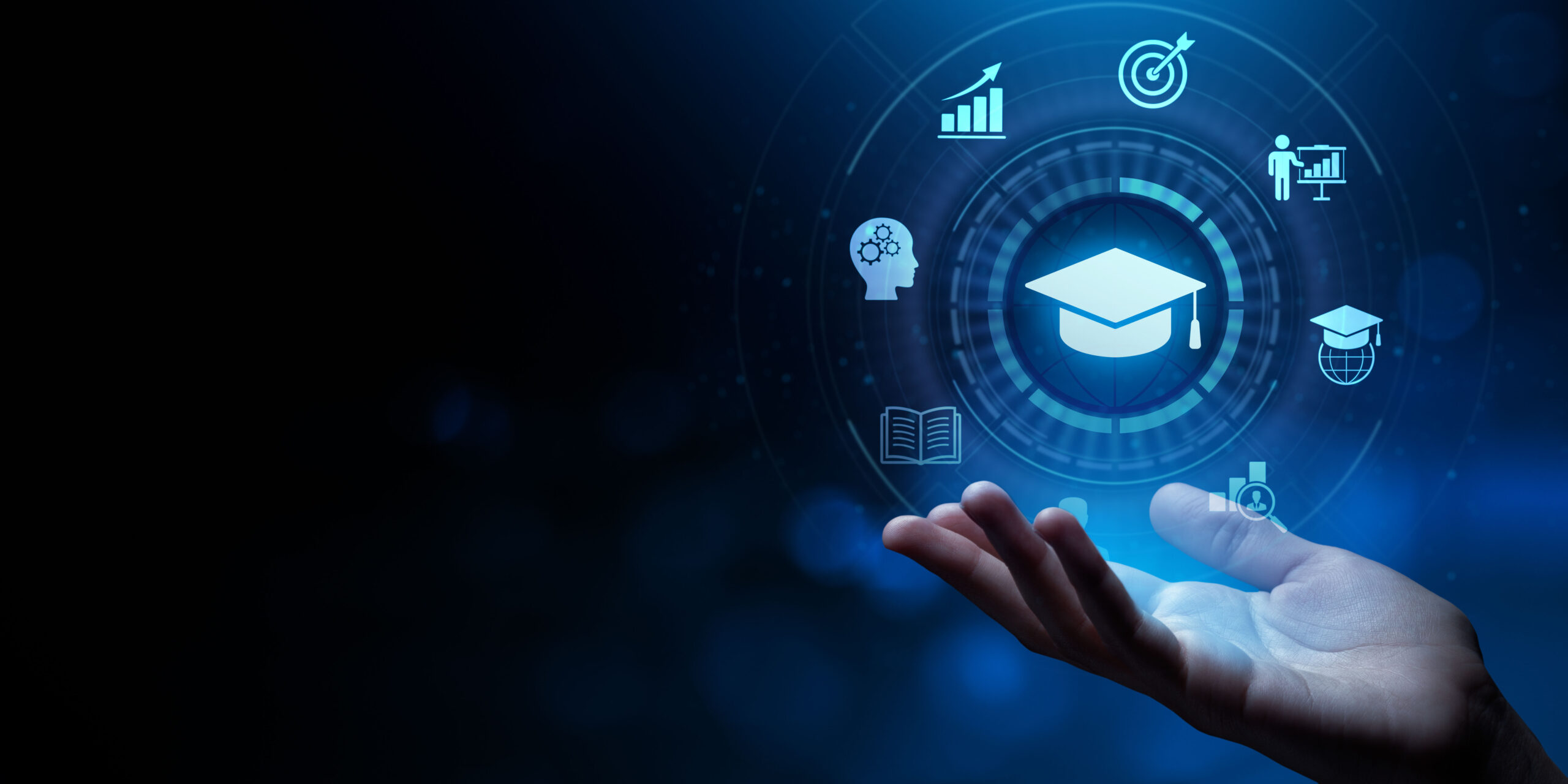Since the advent of the computer, technology capabilities have progressed rapidly, with every technological innovation building upon the previous. This exponential growth of innovations will increase the importance of ongoing learning and reskilling. Indeed, it is pivotal that people of every age and skill level prioritize such a lifestyle to avoid falling behind their peers or even the future, more tech-native generations.
Nevertheless, despite the ongoing drive for digital transformation across industries and the mounting desire from consumers for tools that can empower them to refine their skills and learn new ones, many edtech companies remain siloed and rigid. Now is the ideal time for a flexible and competent market leader to emerge and seize this opportunity, delivering personalized and lifelong educational solutions and experiences that meet the needs of a learning-hungry populace.
Facilitating continuous learning through a data-driven ecosystem
Data, IoT devices and artificial intelligence will drive the workplace of tomorrow, requiring people to have basic technological literacy to perform their roles effectively. It is pivotal that edtech companies introduce consumers to educational technology at a young age through a digital solution that can evolve with the student, accompanying learners throughout their schooling and into the professional realm. This highly personalized data-driven ecosystem, which would include apps, devices and applied learning experiences, will enable companies to meet users wherever they are in their educational journey.
Throughout every stage of the user’s development, from kindergarten to 12th grade, the ecosystem will leverage machine learning to provide supplemental material, lessons and quizzes to help the student overcome unique challenges and skill gaps. Even at the earliest stages, the ecosystem can assist the student in learning the alphabet, deciphering patterns and memorizing numbers. In later levels, it will draw upon its wealth of data to predict the student’s future needs and plan accordingly by creating engaging and relevant content. This ecosystem will also tailor online tutoring courses to ensure the user doesn’t fall behind.
The key to this digital solution is that it is constantly working to support the user through customized content and suggestions. For example, before the student graduates and transitions to higher levels of education, the ecosystem can compile potential summer internships and make other recommendations, like the best-fit colleges or universities. Connectivity and interoperability will likewise be critical — for example, the ideal ecosystem could deliver quizzes through the user’s smart speaker to help them prepare for a test or interview.
Life-long learners: From the workforce to retirement
Many workers also need help adjusting to the technical requirements of our rapidly digitizing world. To be successful in many industries today, people cannot depend on a single degree and must frequently undergo upskilling and reskilling. The half-life of the latest technology is decreasing, making various skills that were once in vogue outdated. And although it was ordinary for someone to hold the same job with the same company for many years, this model is — unfortunately — no longer tenable.
Edtech businesses can address this widening skills gap and need for frequent job-switching through those same data-driven ecosystems, which can support the user through their career and leisure activities. For example, a user could sync their profile with their work’s employee portal to receive further professional development. Simultaneously, the technology would support the user during their spare time as they take courses or watch video content ranging from Adobe InDesign to gardening, further refining their skills. And, when it comes time to retire, the user’s trusted ecosystem has a backlog of data to recommend applicable hobbies and community events.
The engine behind an Edtech’s ecosystem will be data, enabling it to provide even more highly personalized content as the user ages. Having years of insights from the user’s learning style and shortcomings will also allow the ecosystem to make the best training suggestions possible in the future. However, designing such a solution will require considerable experience with data analytics, which is where a technical partner would be highly advantageous.
The power of personalization
Not only did the pandemic accelerate the widespread adoption of new technologies, but it opened the door for sophisticated levels of personalization. Customized lessons and learning plans are nothing new; instructors adjust their teaching style frequently to help specific learners. However, an integrated ecosystem that tirelessly collects data from many sources and devices could take personalized tutoring to new heights.
Edtech companies must lean into the power of personalization, designing their digital ecosystems to analyze the user’s preferences, work patterns and interests to provide value throughout school, the workforce and beyond.















